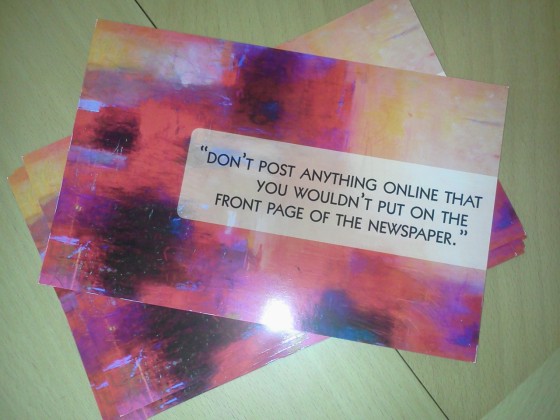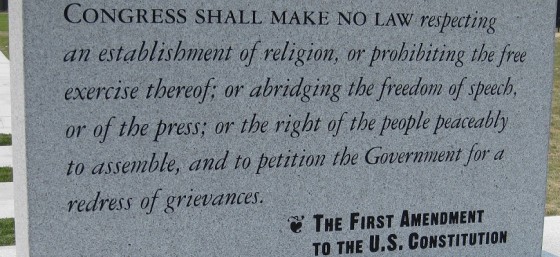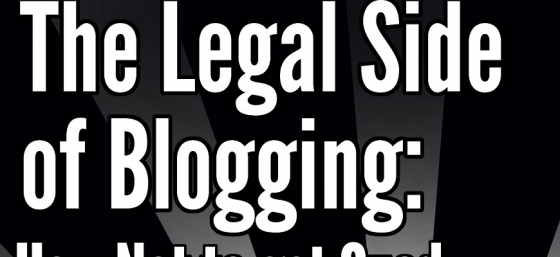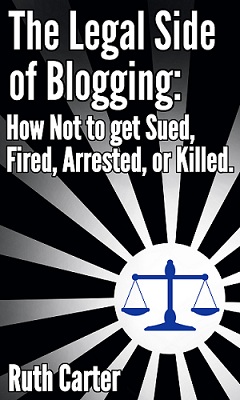Eww eww eww!
If you or your child has an iPhone, adjust the settings for AirDrop now to avoid being targeted by cyberflashers.
Apparently this is a thing – the default setting for AirDrop allows people in your vicinity to send you photos. It displays a small version of the image with the option to Accept or Decline. So if somebody wants to send you a picture of their junk, even if you Decline, you’ve already seen the image! That’s cyberflashing.
If you have an iPhone, please read this article from Sophos that explains step-by-step how to adjust your AirDrop settings to avoid being cyberflashed.
This is so disturbing. If your AirDrop allows anyone in the vicinity to see you, it lists to as “[First Name’s] iPhone” so the cyberflasher can target people based on their assumed gender. It doesn’t tell you anything about the recipient’s age. Indecent exposure is a crime in Arizona, and it’s a felony if you flash someone who is less than 15 years old.
Eww eww eww! It is absolutely vile and wrong to invade unsuspecting people’s iPhones (including children’s iPhones) and inflict your naked photos on them. I hope Apple realizes how wrong this is and changes the default settings on their phones.
If you want to chat more about privacy and cybersecurity, you can contact me directly or connect with me on Twitter, Facebook, YouTube, or LinkedIn.











